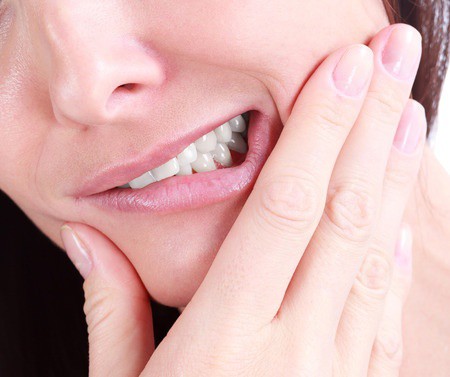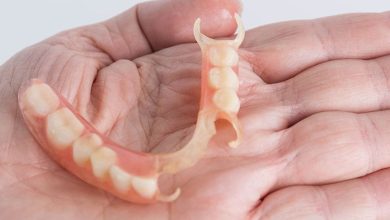HOME REMEDIES FOR WISDOM TOOTH PAIN


Wisdom teeth pain at the back of your mouth, behind your molars. If you look into a mirror, you may even notice that your wisdom teeth have begun to poke through your gums. The area might also be red, enflamed and tender to the touch.
Due to inadequate space, wisdom teeth may erupt partially (partially impacted wisdom teeth) or may not erupt at all (fully impacted wisdom teeth), often causing pain.
Table of Contents
Remedies
1. Gargle with saltwater
Mix 1 cup of water and 1 tsp salt, and use this solution to rinse your mouth gently. Use cold water for the first 24 hours after surgery and warm water thereafter.
2. Use clove
Clove has analgesic and anesthetic properties that can provide relief from wisdom tooth pain and other toothaches as well.
Additionally, it is an antibacterial and antiseptic agent that helps prevent infection. For this purpose, both the oil and buds can be used.
How to use: Dab clove oil on a cotton ball or swab and apply on the affected area.
3. Apply garlic
Garlic possesses many medicinal properties, including anti-inflammatory, antibiotic, and antioxidant properties, which can help reduce wisdom tooth pain. Garlic can also aid in the delay or prevention of bacterial infections.
How to use: Crush a few garlic cloves and mix in some sea salt. Apply this paste to the affected area. Alternatively, you may place a peeled clove on the tooth and bite on it gently.
4. Try cold therapy
Putting an ice pack on your cheek for 15-20 minutes can help reduce post-operative swelling, inflammation, and discomfort.
5. Try turmeric mouthwash
It has been used as an Ayurvedic medicine against toothache for long. It acts as an anti-inflammatory and antibacterial agent that aids in preventing tooth decay from bacterial infection and improves gum health.
How to use: Turmeric can be used as a mouthwash and a sealant for pit and fissure.
6. Use apple cider vinegar
Diluted ACV has been popularly used as a home remedy for relieving tooth pain. However, further direct studies are required to conclude the efficacy of ACV.
7. Try oil pulling
While there is not much research on the benefits of oil pulling, it is seen to improve oral hygiene and help prevent oral cavities.
How to perform: Swish one tablespoon of oil in your mouth for about 20 minutes in the early morning.
8. Rinse with essential oils
It is seen that thyme, peppermint, and tea tree essential oils can help control oral pathogens and associated pain. However, further studies are required to establish their use and efficacy.
How to use: Add two drops of the essential oil in a glass of water and rinse your mouth with it.
For any important information please contact us Email GadgetsNg info@gadgetsng.com
[Button id="1"]



